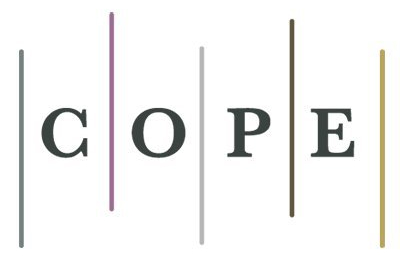Made a Moby-Dick: an Organizational Reading of Paulo Guedes’ Privatist Monomania as a Discursive Strategy of Neoliberal Authoritarian Leadership in Brazil
Keywords:
authoritarianism, neoliberalismo, Leadership, monomania, Moby-DickAbstract
Authoritarian leadership is a challenge for organizational analysis. The perplexity regarding how we have accepted its occurrence various times throughout history runs through the thinking of intellectuals such as Adorno, Habermas, Sloterdijk, and Arendt. A complementary way of studying it is through literature. Literature has enormous potential for interpreting the world and, given the creativity of its authors, it can deal with complex themes, characters, and events, with a freedom that, due to its methodological rigor, science often does not allow. As organizations are also constituted discursively, the textual elements of literature give us an epistemological freedom, enabling analyses that can address traditional organizational topics, such as leadership, in another way. This theoretical essay proposes to use a classic of literature, the novel Moby-Dick, to conduct a critical discourse analysis, based on Norman Fairclough, of the neoliberal-authoritarian monomaniac leadership of Paulo Guedes, the Minister for the Economy of Jair Bolsonaro’s government. The objective is to demonstrate the potential and richness of using literature combined with discourse analysis to understand organizational phenomena. The interpretation will be guided by the leadership style of the character Ahab, ship captain of the Pequod, who as a result of his obsession with hunting the giant white sperm whale, Moby Dick, leads his vessel to a tragic end, similar to what has occurred to Brazil due to the hatred toward the State present in Paulo Guedes' discourses.
Downloads
Downloads
Published
How to Cite
Issue
Section
License
This work is licensed under a Creative Commons Attribution 4.0 License.
The O&S adopts a Creative Commons Attributions License 4.0 in all published works, except where specifically indicated by copyright holders.





